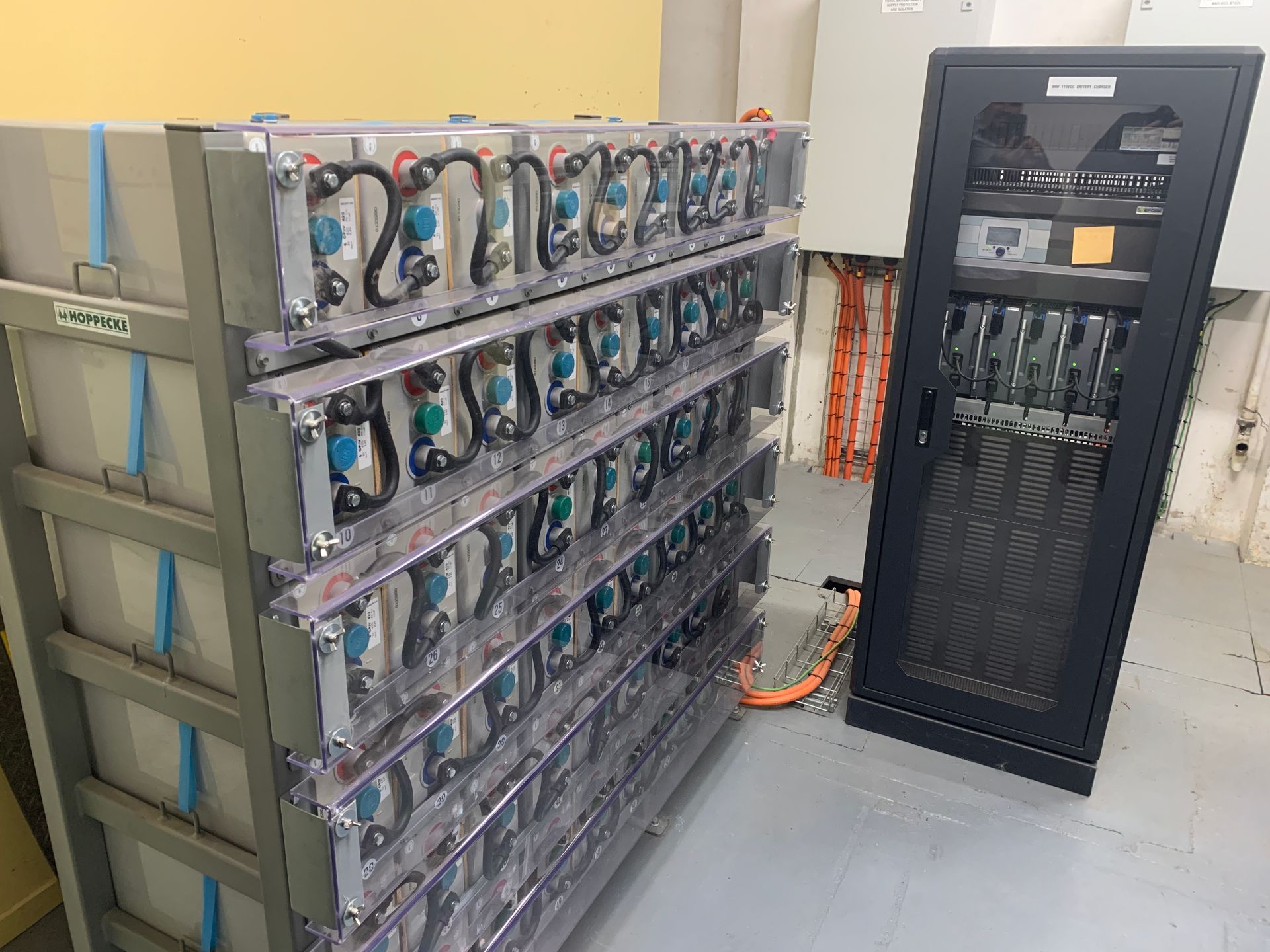Ensure Business Resilience: Your Backup Power Strategy for NZ
In today’s unpredictable world, unexpected power outages from storms, grid failures, or other disruptions can stop your business dead in its tracks. Essential systems fail, sensitive equipment is exposed, and downtime translates into real financial loss. This post highlights how proactive planning, backup power infrastructure (UPS and generators), and ongoing maintenance protocols are critical for business continuity. It covers system assessment, emergency response planning, and vendor coordination to keep operations resilient. Learn how independent advice, smart engineering, and preparedness planning can ensure your business continues to operate even when the lights go out
Introduction
When disaster strikes whether it’s a powerful storm, earthquake, flood, or a sudden infrastructure failure the first thing many businesses lose is power. In today’s digital, always-on world, downtime isn’t merely an inconvenience, it can be catastrophic. Unplanned outages can halt operations, corrupt data, and interrupt vital services, often resulting in significant financial and reputational damage.
So, the critical question becomes: Can your business continue operating if the power goes out? The ability to sustain operations during a blackout doesn’t just depend on having backup generators or UPS systems it depends on a comprehensive business continuity strategy that includes power resilience planning.
Even brief disruptions can cost thousands per hour. One study estimates U.S. businesses lose over $150 billion annually due to power outages underscoring how vital uninterrupted electricity is to revenue and customer trust. In New Zealand and Australia, where remote locations, severe weather, and aging infrastructure may elevate risk, advanced preparation is especially critical.
This post outlines why backup power systems, such as UPS units and generators, are essential for maintaining business continuity. We’ll explore how these systems protect sensitive data, safeguard equipment, and ensure critical functions remain operational during emergencies.
But beyond hardware, true resilience requires planning: assessing loads, designing emergency protocols, partnering with dependable vendors, and maintaining systems through testing and redundancy planning. Organisations that have robust outage plans and strategic execution are not only coping they’re thriving when disruption hits.
In this guide, you’ll learn how to assess power risk, choose the right backup infrastructure, and implement a strategy that keeps your business running no matter what.
The Cost of Downtime
For most businesses, even a short loss of power can mean lost revenue, damaged equipment, data loss, and a major disruption to operations. For industries like healthcare, finance, logistics, manufacturing, and IT services, the stakes are even higher where downtime can affect lives, reputations, and critical infrastructure.
It’s not just about the lights going off. Think:
- Server crashes
- Production line halts
- Missed transactions or deadlines
- Security system failures
The ripple effect can be wide and expensive.
What Is Your Backup Power Strategy?
Unfortunately, many businesses treat backup power as an afterthought until they experience a costly failure. But with a smart, tailored approach, you can build real resilience into your operation.
Ask yourself:
- Do we have a backup power system in place?
- Can it run long enough to cover an extended outage?
- Has it been tested recently?
- Does it protect both critical systems and staff safety?
If the answer is “no” or “not sure,” your business may be more vulnerable than you realise.
Power Resilience as a Business Priority
An unplanned power outage isn’t just an operational hiccup it’s a business disruption that can cost thousands per minute. For SMEs the cost of downtime can be in the hundreds of thousands per hour and for enterprise organisations, it can be over a million per hour. Against this backdrop, treating backup power as optional or secondary is no longer viable.
Business continuity planning, which includes power resilience strategies like UPS systems and backup generators, is now an essential foundation for protecting your assets, sustaining revenue, and preserving reputation. Expecting data backups or reactive recovery alone isn’t enough you need holistic planning that ensures critical operations stay online when it matters most.
The goal is clear: move from firefighting outages to a state of proactive preparedness. This involves assessing load requirements, coordinating with reliable suppliers, testing switching systems, and scheduling regular maintenance. Add scenario drills and redundancy planning, and you move from coping with disruption to minimizing it.
Businesses that embed resilience into their planning don’t just weather disruption they leverage it to differentiate. Leaders who invest in infrastructure planning, contingency testing, and proactive response become the ones customers trust after disaster strikes.
That’s not just risk management its strategic business resilience. Power continuity becomes part of an organization’s DNA, supporting long-term growth and credibility. If you’re ready to upgrade from manual fixes to engineered reliability, we’re here to help.
Take the next step: assess your outage risk, build a robust backup power strategy, and future-proof your business operations before the lights go out again.
Building Resilience with Critical Backup Power Solutions
At Josty, we work with businesses across New Zealand to design and implement reliable, fit-for-purpose backup power systems that ensure your operation can continue even when the grid goes down.
Our solutions are:
- Tailored to your specific infrastructure and risk profile
- Scalable for future growth
- Compliant with relevant industry standards
- Backed by expert advice and hands-on support
Whether you’re protecting a data centre, medical equipment, industrial processes, or essential communications, we’ll help you plan and implement a system that gives you confidence when it matters most.
Let’s Talk About Your Power Resilience
If you're unsure how your business would cope in a power outage, now is the time to act not after a disaster. We’re here to help you evaluate your risks, explore your options, and put the right protection in place.
Because when disaster strikes, staying operational isn’t just a competitive advantage it’s a necessity.
Want to chat about your backup power needs? Contact Josty today for a consultation and peace of mind.
Post written by Jason Jost

